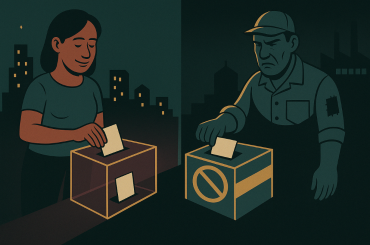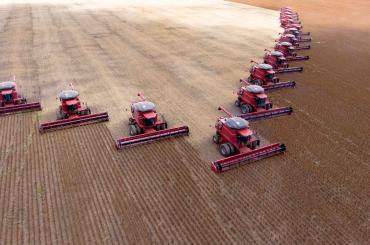
Brazil
-

Macho politics: Gender, economics and the rise of far-right populism
An unprecedented gender gap in political preferences has emerged in many countries. Evidence from the 2018 Brazilian presidential election shows that labour market shocks which disproportionately affect men can increase support for right-wing populis...
-

How regulating junkyards reduced car theft in Brazil
Unregulated markets for second-hand goods fuel crime worldwide. In Brazil, strengthening oversight of the second-hand market for automotive parts helped reduce car theft, simultaneously lowering insurance prices.
-

Using machine learning to detect corruption
When governments harness public budget data and machine learning, they can better predict the incidence of local government corruption.
-

How agricultural innovation affected female labour force participation in Brazil
New technologies in Brazil increased agricultural productivity, but also reduced economic opportunities for women and increased fertility rates.
-

How immigration supported agricultural development and structural transformation in Brazil
Immigration can foster agricultural development while accelerating, rather than delaying, structural transformation in developing economies.
-

Empowering teachers to drive educational change in Brazil
Enabling teachers to introduce pedagogical innovations can deliver substantial gains in student achievement. An experimental programme in Brazil unveils the importance of supporting teachers and accommodating the multiple constraints students face.
-

A trade-off between informativeness and equality in high-stakes standardised testing
Evidence from Brazil's transition to a national college admission exam shows that higher-stakes testing widened socioeconomic test score gaps, yet also improved the exam's ability to predict students' college success.
-

Reducing exposure to misinformation: Evidence from WhatsApp in Brazil
Deactivating multimedia on WhatsApp in Brazil consistently reduced exposure to online misinformation during the pre-election weeks in 2022, but did not impact whether false news was believed, or reduce polarisation.
-

Financial access boosted labour market outcomes in Brazil
Access to vehicle financing in Brazil improved mobility and generated large returns (12-15% per year) through improved labour market outcomes